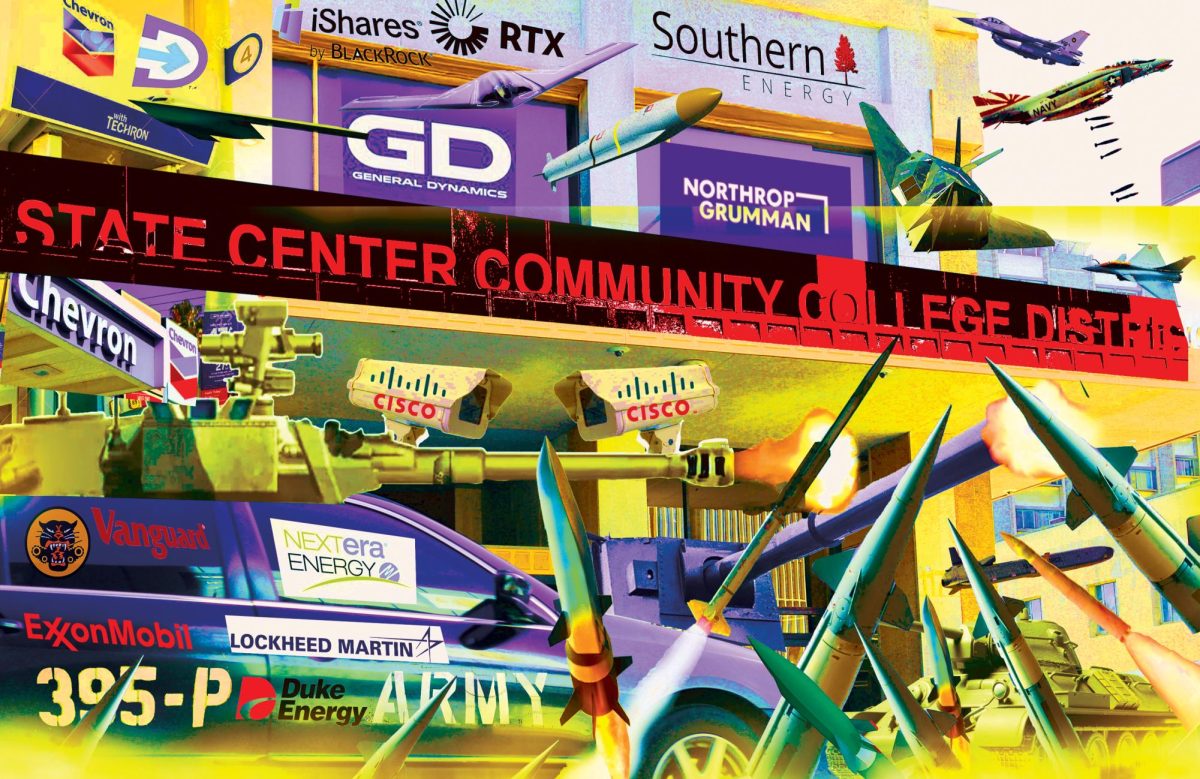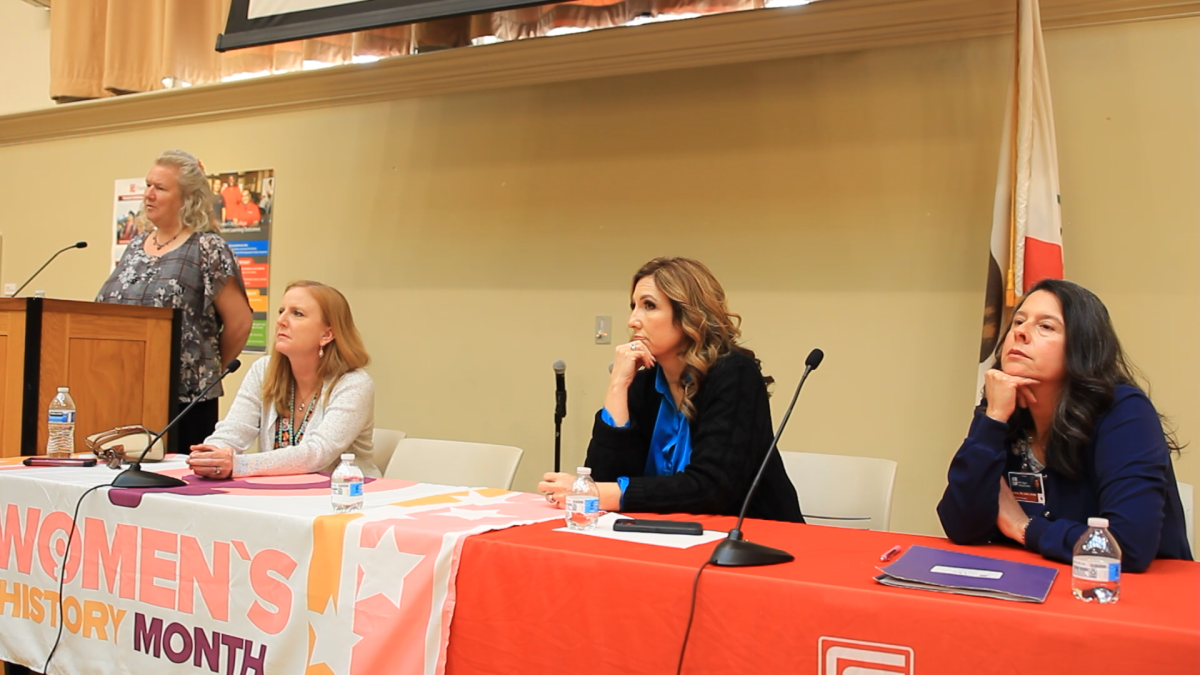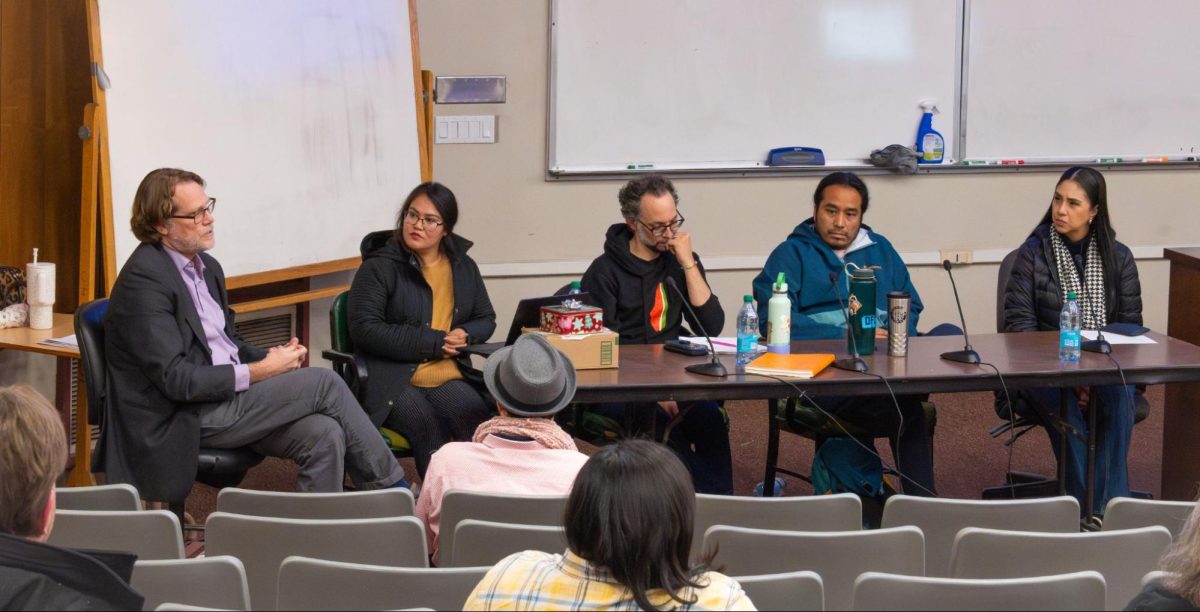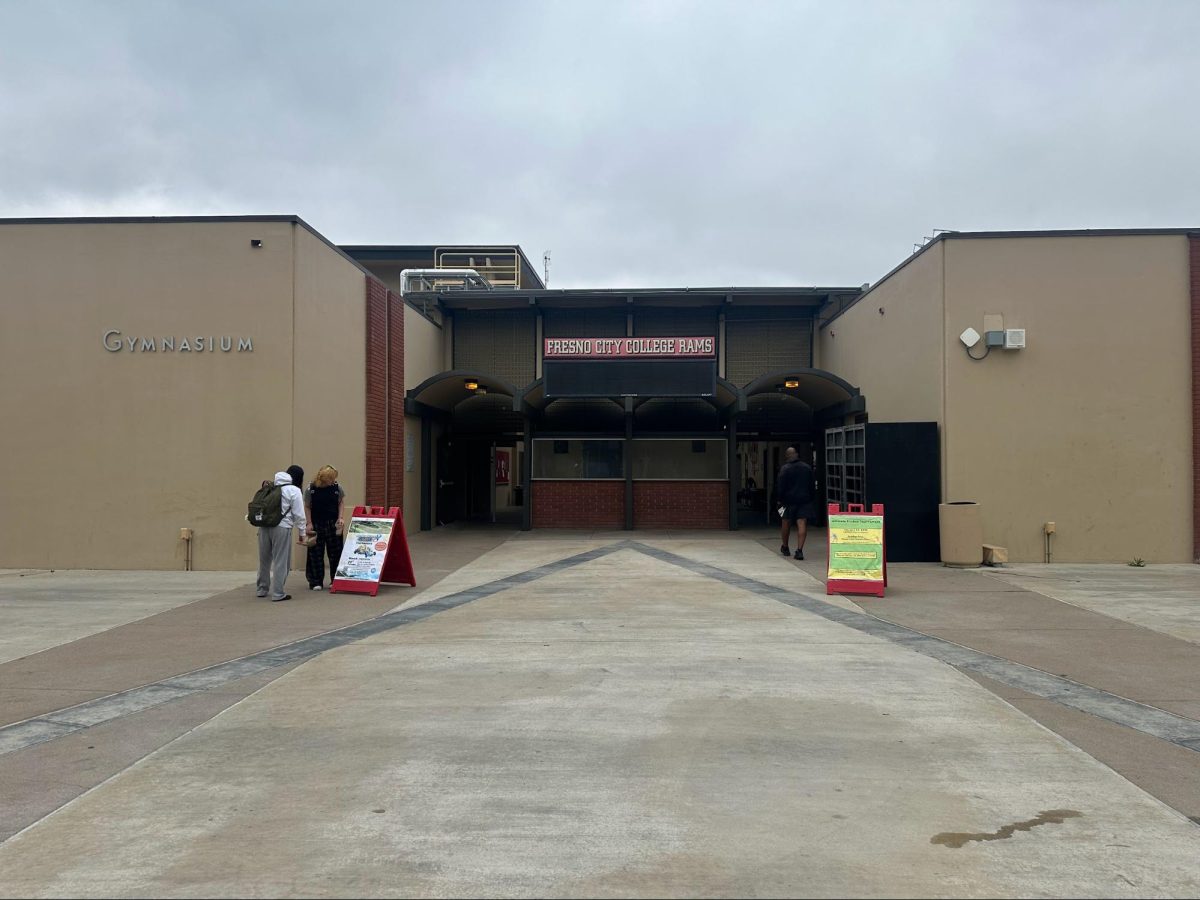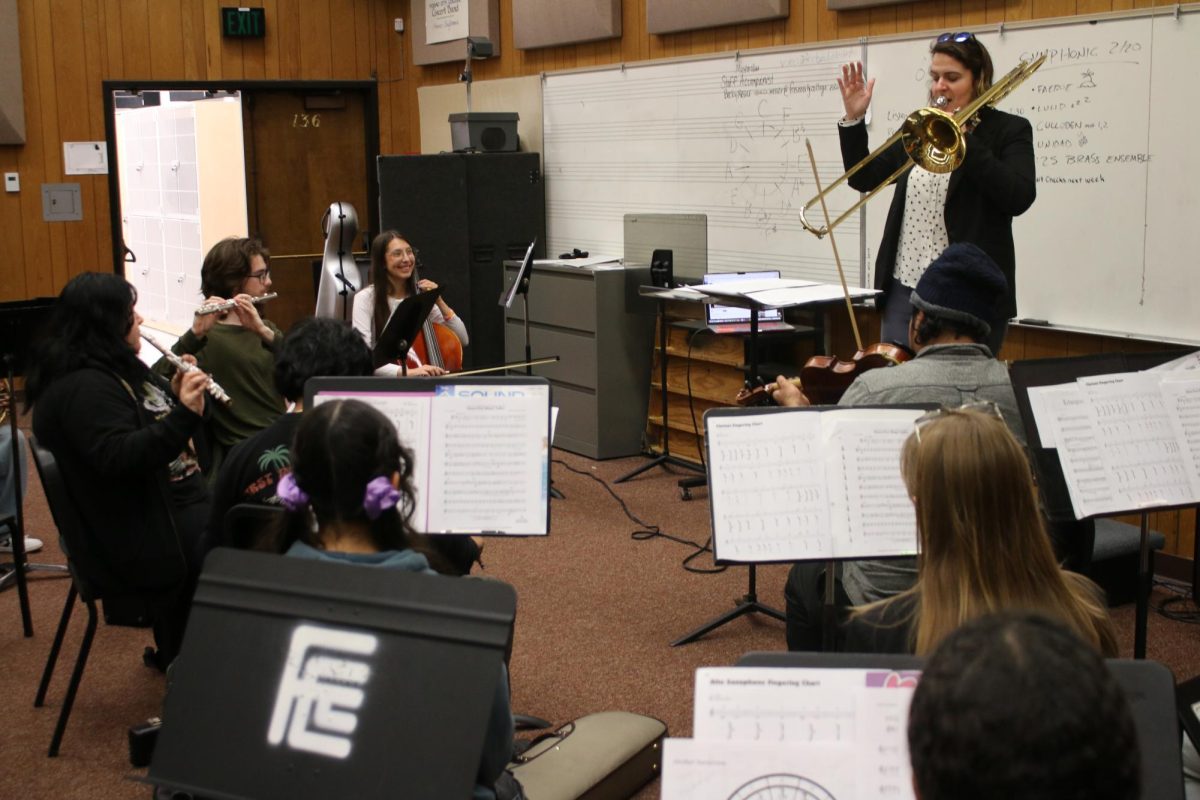Many struggling students don’t realize that there are people and programs at Fresno City College that are here to help them succeed. Experts agree that there are several tips and tricks available for students needing help to pass their classes.
Experts say that for every hour spent in class you should spend another two hours studying. This means if you have 18 units and spend 18 hours per week in class, you should be spending and additional 36 hours per week studying.
There are many resources available to help students succeed if they are struggling in a class, or to pass with grades of A or B. Many options are available without ever leaving campus.
Ray Sanchez, coordinator of the tutorial center at FCC, says that students memorize their class schedules, even before the semester begins. “But when I ask students ‘when do you study?’ Generally it’s ‘when I can,’ or ‘I don’t study,” Sanchez said.
What does it mean to study? Is it just reading the textbook?
“Studying is anything related to your academic coursework,” Sanchez said. “I even say if you’re in the library looking for a book, if it takes you an hour to find the right books, the right resource – that’s time spent studying in my mind. Therefore the 36 [hours] is more realistic.”
Studying with friends isn’t always the answer. Sometimes it can be detrimental to success as it’s easier to become unfocused by chatting with friends. Using the tutorial center next to the library on campus can be a better choice.
Studying at home with a friend doesn’t come with the benefit of having a tutor making sure the group stays on task and is productive.
“We certainly aren’t a place that wants to re-lecture the material. We want to engage students,” Sanchez said.
The tutorial center offers a large array of options for students. There is also a writing center where students can have a tutor look over their essay to help make it better. In some cases, that means helping students turn a not-so-good essay into a good one, or even a good essay into a great one.
On top of basic student tutoring, the center holds other workshops. Students can attend free 50 minute workshops on topics such as how to take notes, various mathematics, punctuation and paragraph development, public speaking, how to ace a test, APA and MLA formats, study skills and several other workshops designed to help students succeed in college.
One of the other tips Sanchez suggests is to rewrite class notes at home.
Adrian Reyes, a former FCC student who successfully completed his classes here, said he likes to rewrite his notes at home. As he writes his notes a second time, he can retain more of the information. Plus, he has the added benefit of having notes that were neater than the ones he had taken in class.
Reyes has also used flash cards that have key words and important people or events. This way, if the term comes up on a test, it is more likely that you will be able to get the correct answer because you are associating the term directly to the description you have on the back of the card.
Sanchez stressed the importance of reading class texts, which he says, “not a lot of students are doing.”
He also suggested a strategy for reading textbooks. At the end of each chapter in many textbooks there are questions about the chapter material. Sanchez suggested reading the questions before reading the chapter, and then reading the chapter to answer those specific questions. If the questions are in the back, they must be the important information the author wants you to know.
Struggling students should talk with the class instructor, talk to a tutor in the tutorial center or attend workshops there. The tutorial center even has a website, fccwise.fresnocitycollege.edu, designed to help students succeed in navigating their college lives.
There are many options for struggling students, but students cannot get help unless they look for it.
“Maybe once a week force yourself to ask a question,” Sanchez said. “You want clarity; these are all things that are going to be on the test. Don’t just be OK with not doing well.”

